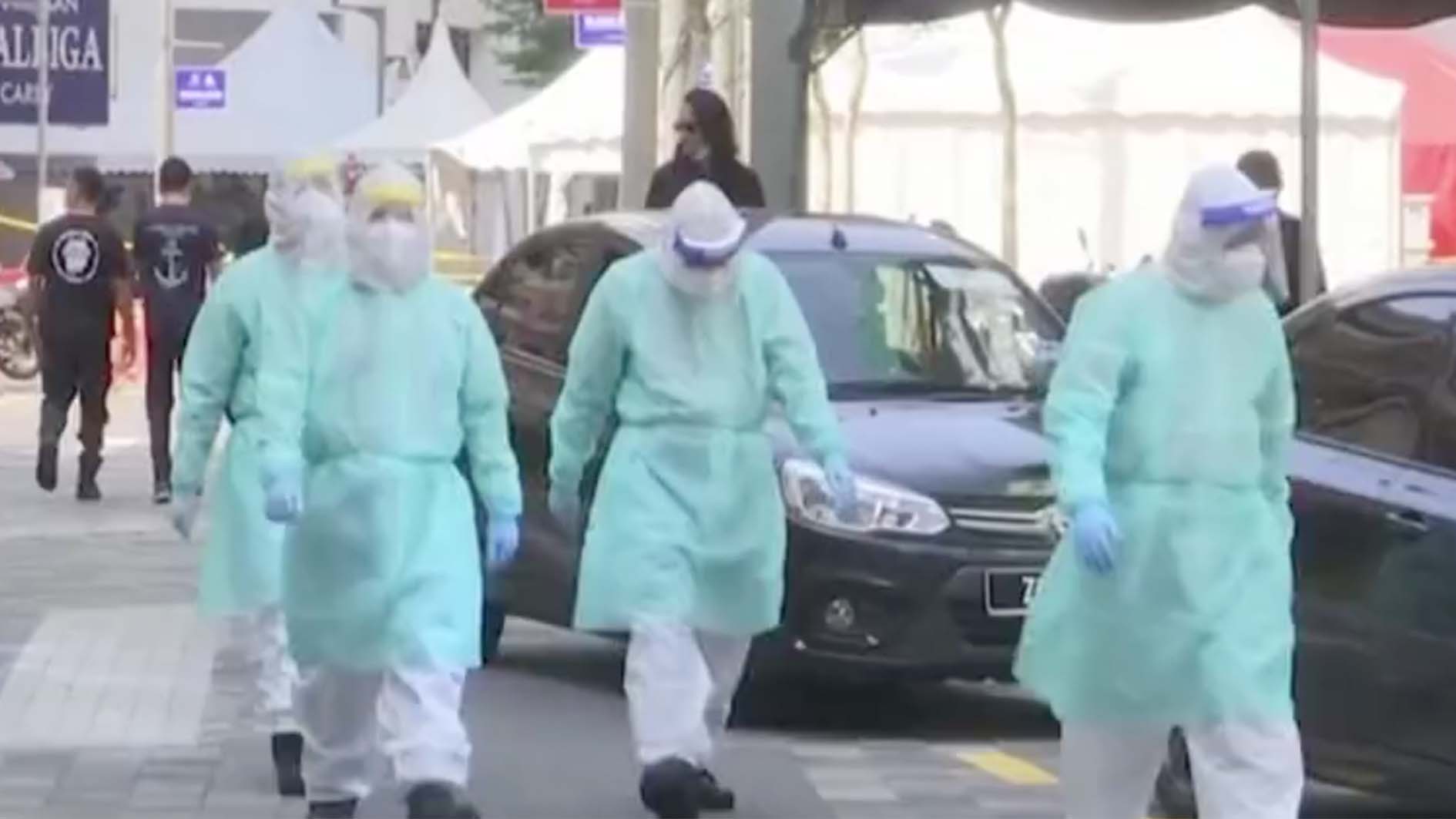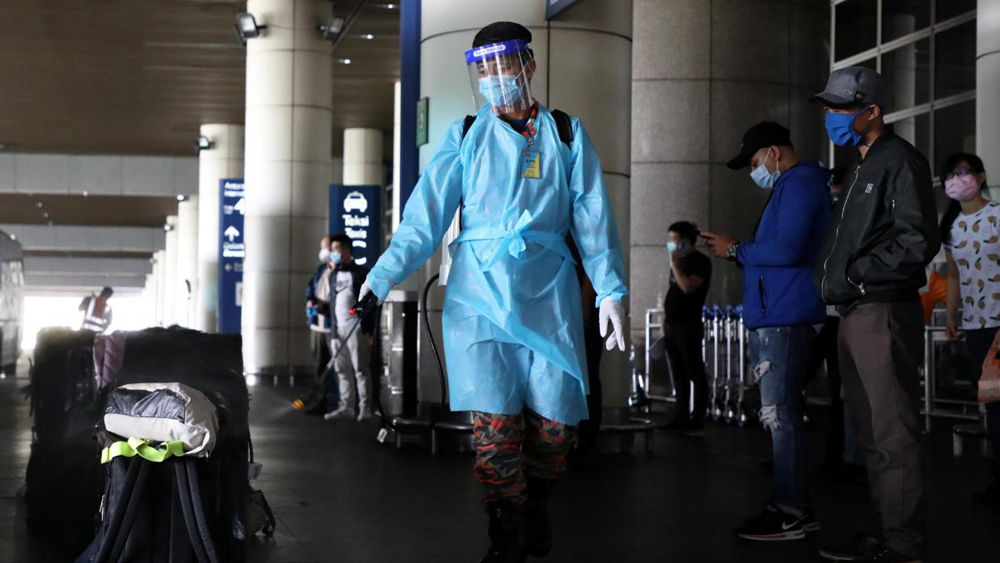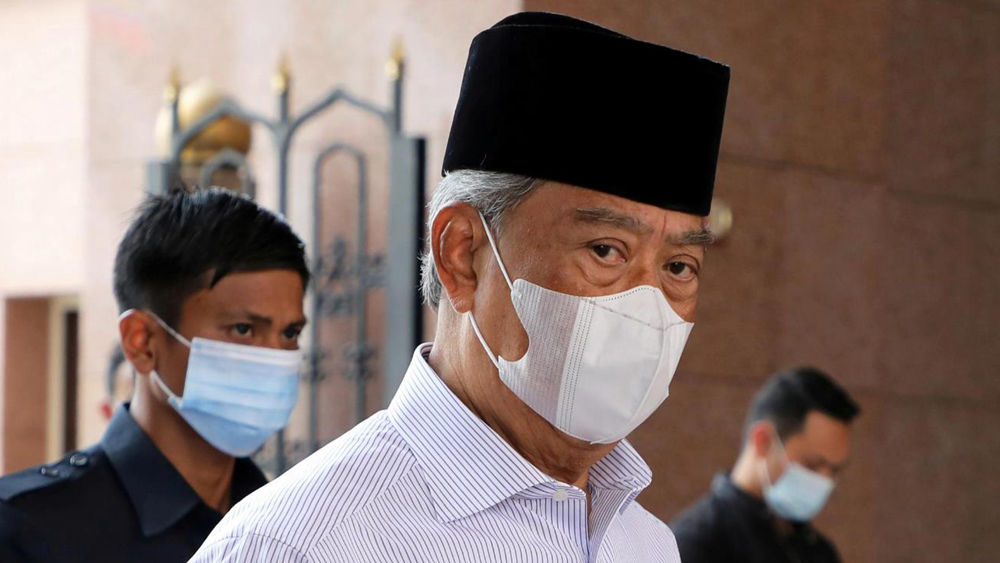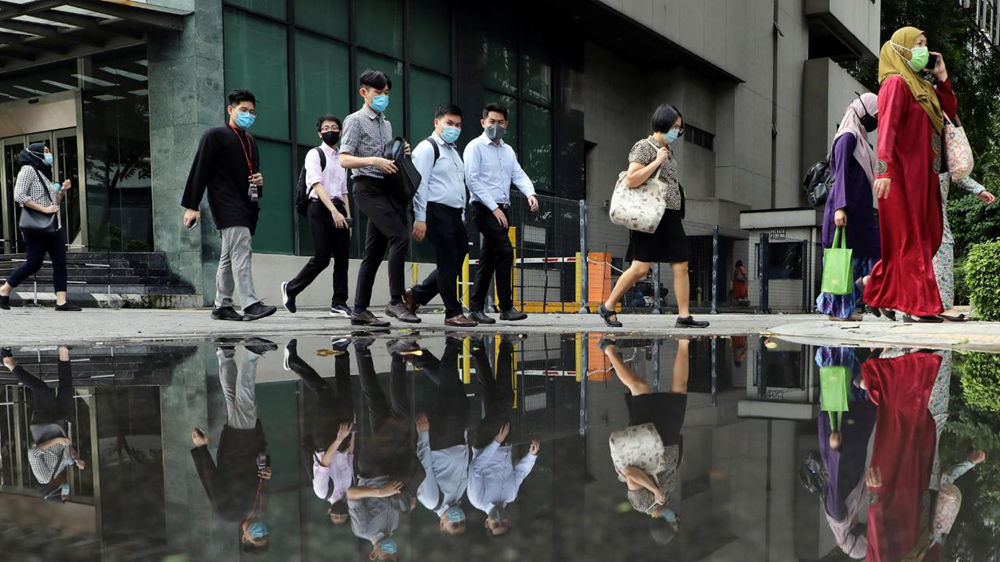02:10

Editor's note: This is the 102nd article in the COVID-19 Global Roundup series. Here is the previous one.
Malaysia on Tuesday reported 691 new COVID-19 cases, its biggest daily jump since the start of the pandemic.
Four new deaths were reported on Tuesday, including that of a one-year-old, the country's first child fatality.
Malaysia's Prime Minister Muhyiddin Yassin said that he expects a rise in the number of COVID-19 cases in the short term, because the health ministry is testing more aggressively. The total coronavirus infections stands at 13,504.

Disinfecting luggage of arrival passengers at the entrance of Kuala Lumpur International Airport, Sepang, October 6, 2020. /Reuters
Disinfecting luggage of arrival passengers at the entrance of Kuala Lumpur International Airport, Sepang, October 6, 2020. /Reuters
Clusters-characterized cases
More than half of the new cases were reported in Kedah. Of the 397 infections reported in the state, 394 are part of the Tembok prison cluster which has been isolated, meaning they are separated from the general public, according to the health ministry.
The next largest group of new cases, comprising 219 infections, was reported in the eastern state of Sabah, where several clusters have been linked to a recent election.
Prime Minister Muhyiddin Yassin said in a televised address on Tuesday that he does not deny the state polls contributed to the spike of cases, but added that the election "had to happen 60 days following the dissolution of the state assembly."
The prime minister was placed under a 14-day home quarantine on Monday, after Islamic Affairs Minister Zulkifli Mohamad al-Bakri who attended a meeting he chaired tested positive for COVID-19.

Malaysia's Prime Minister arrives at a mosque for prayers in Putrajaya, August 28, 2020. /Reuters
Malaysia's Prime Minister arrives at a mosque for prayers in Putrajaya, August 28, 2020. /Reuters
Targeted instead of nationwide lockdown
Despite the sharp increase in cases, Mr. Muhyiddin said the government has not considered enforcing a nationwide lockdown again, because it could badly affect the economy, with 15 million Malaysians at work.
Currently, the country has nine red zones, including seven in Sabah, one in Kedah and one in Klang, Selangor.
The government will instead carry out targeted lockdowns, or Temco, on red zones, which are areas with 41 cases or more, said the prime minister.
Malaysia implemented a lockdown from March 18, closing its borders, businesses, and schools, but has gradually reopened most sectors from May. Borders remain closed except for returning citizens and for exceptional cases.

A street view in Kuala Lumpur, October 2, 2020. /Reuters
A street view in Kuala Lumpur, October 2, 2020. /Reuters
'No double standards' in quarantine orders
Muhyiddin also insisted there were "no double standards" in quarantine orders and that seven ministers and six deputy ministers were undergoing home quarantine.
Muhyiddin and Dr Noor Hisham are themselves currently in quarantine after Zulkifli Mohamad al-Bakri tested positive after attending a meeting.
Anger among Malaysians has been mounting over the new COVID-19 wave which they feel was spurred by politics, with reports of ministers failing to quarantine themselves after their return from Sabah for campaigning in the state election on September 26.
Photos of banners with words blaming politicians for the rising COVID-19 confirmed cases have been floating on social media.
Muhyiddin was reported to defend the decision to hold the Sabah state poll but concede that it contributed to the growing outbreak as not everyone followed the safety measures during campaigning.
Earlier on Tuesday, the government announced a travel ban from Sabah to other states from October 12 to 25 as infections in the state continued to rise.
(With input from agencies)